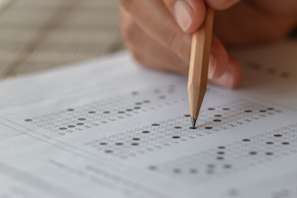The Diagnostic and Statistical Manual of Mental Disorders (DSM) is used by psychiatrists, psychologists and professional counsellors in the United States as a classification manual for the diagnosis of mental health disorders. The Sydney Morning Herald recently reported concern on recently proposed changes to the DSM.
Specifically, the new version of the DSM seeks to equate aspects of grief with depressive illnesses in a move which has some psychiatrics expressing grave concern. The concern is that grief, a common emotional reaction and one that almost all of us will go through at some stage in our lives, is being medicalised by the profession. This medicalisation, it is feared, will encourage health professionals to treat the symptoms of grief in the same way as they treat depression.
Whilst there are many similarities in the expression of grief and depression, such as feelings of intense sadness, the SMH article points out that grief is very different to depression. Whilst grief is associated with sadness and a deep sense of loss, grief is usually self-limiting and is unaccompanied by feelings such as worthlessness or low self-esteem, which are the hallmarks of depression.
Treatment, therefore, should be different. People suffering from bereavement need to be given space to talk about their feelings so they can be relieved of their pain whereas treatment for depression generally requires a more interventionist approach to deal with the person’s low self-worth and negative thought patterns.
The SMH discusses concern that connecting grief with depression will encourage GPs to medicate grief in the same way as they do depression, stifling a natural emotional response to pain. There is also a concern that the re-definition will encourage pharmaceutical companies to develop medicinal responses to grief which are inappropriate to patient needs.
Readers should be aware that whilst grief is not generally the same as depression, people who experience prolonged and intense feelings of grief (known as complex grief or pathological loss) can go on to develop depression.
To see the original Sydney Morning Herald article, search the SMH archives.






















